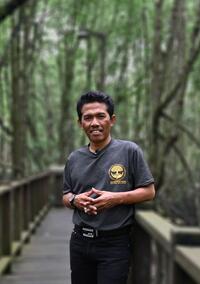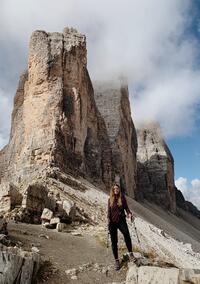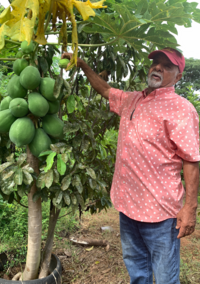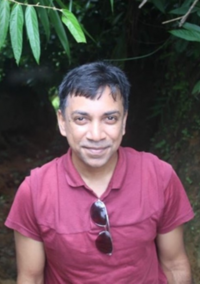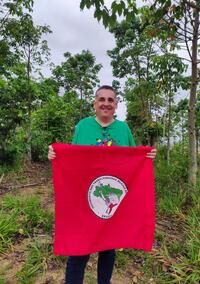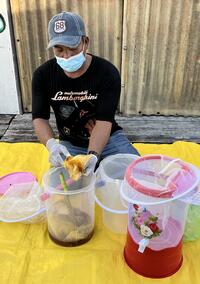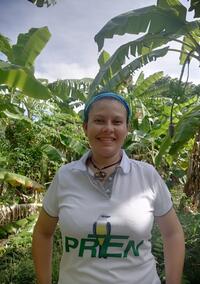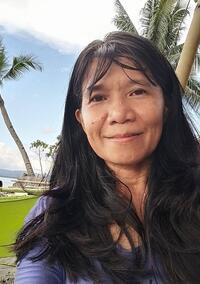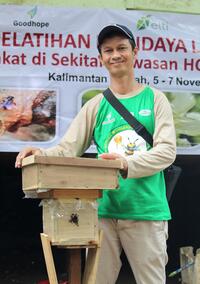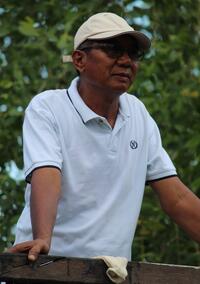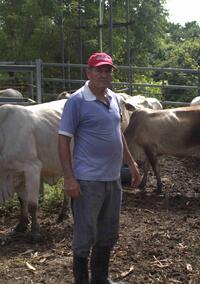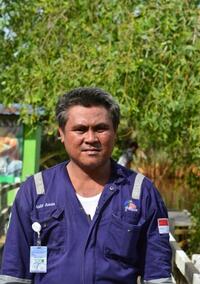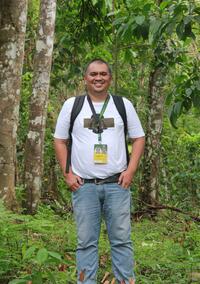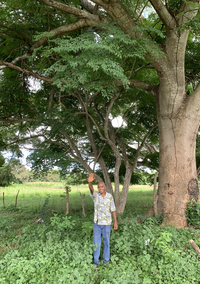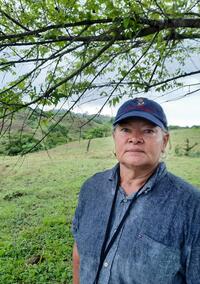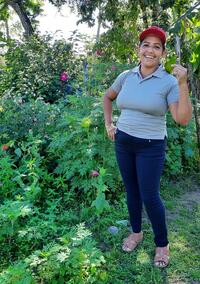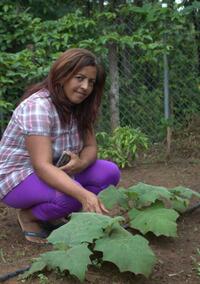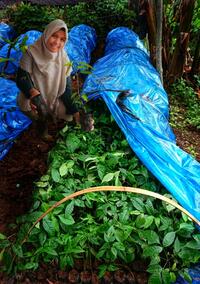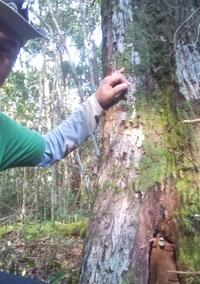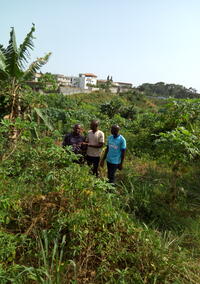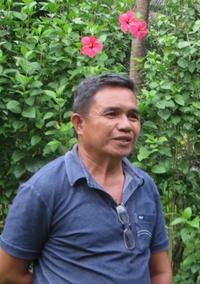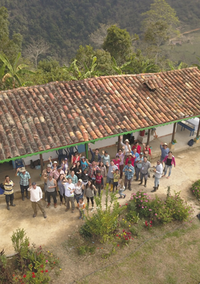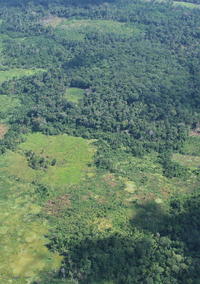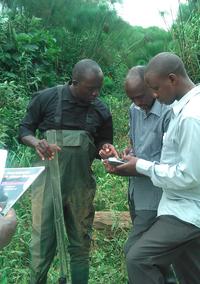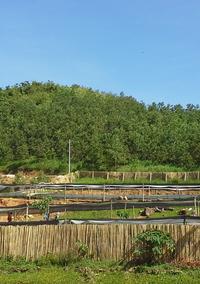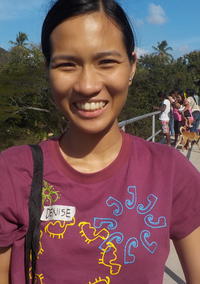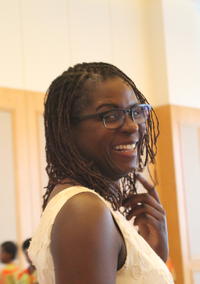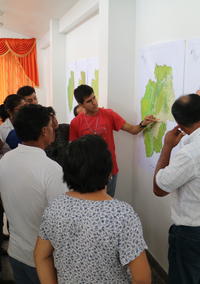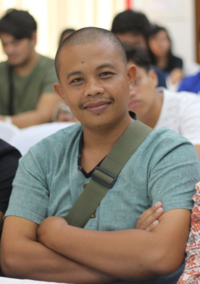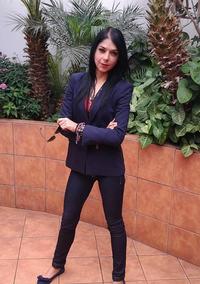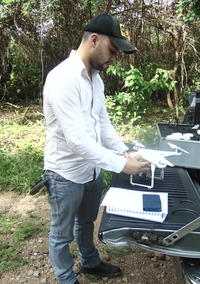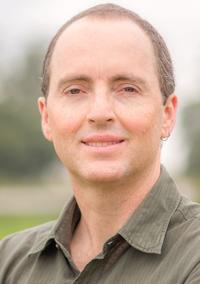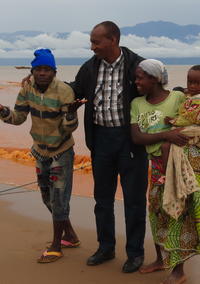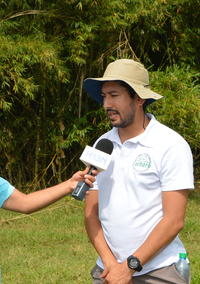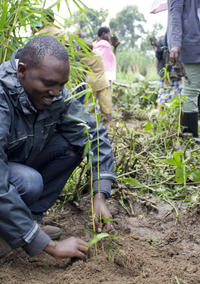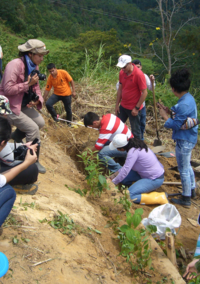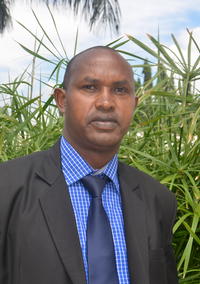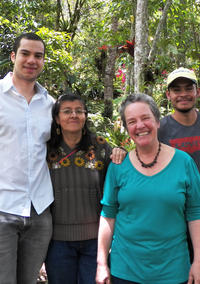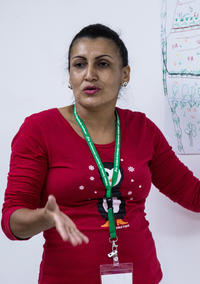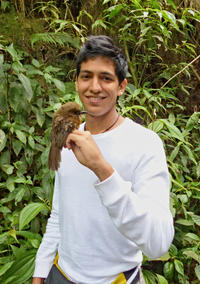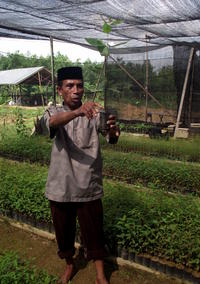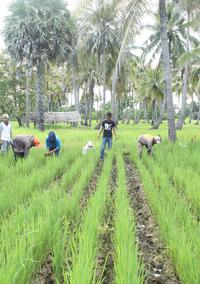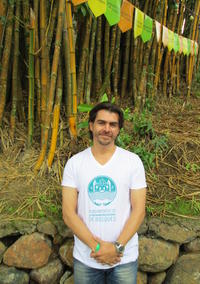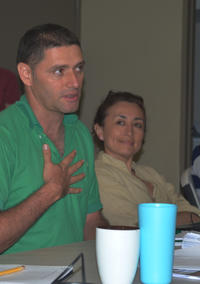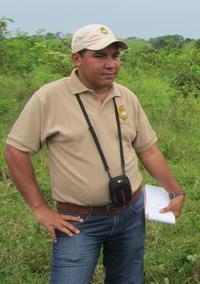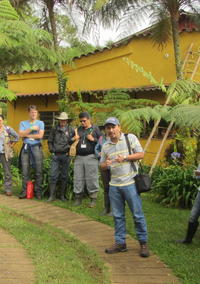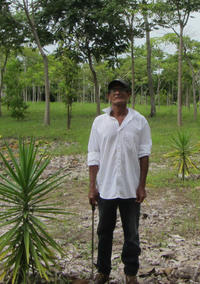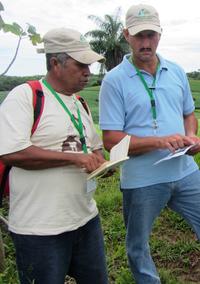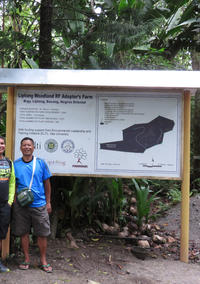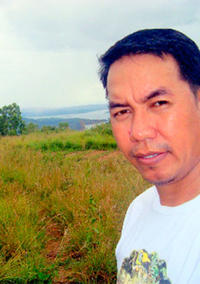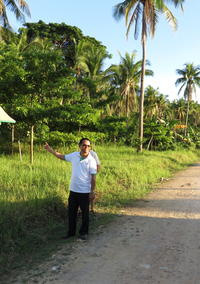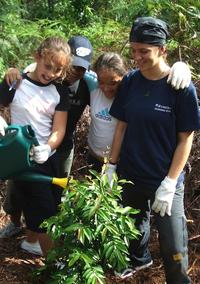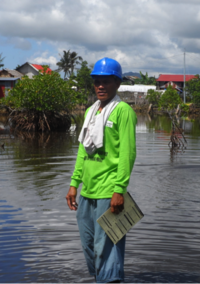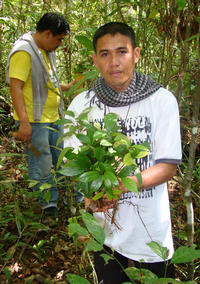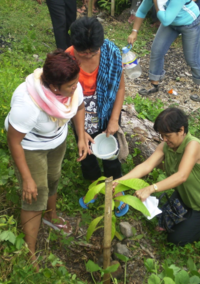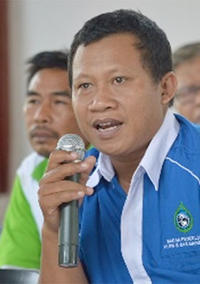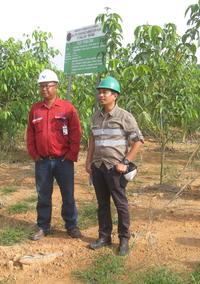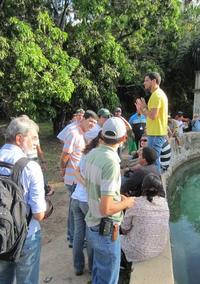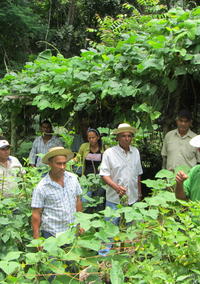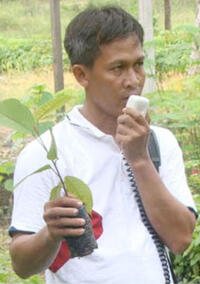You are here
Empowering Women to Lead Sustainable Ranching and Forest Restoration
Meet Odielca Solis, a self-employed accountant, cattle rancher and small-scale farmer in Panama’s Azuero Peninsula.
The region has lost most of its forest to agriculture and extensive cattle ranching. Today, land users rely on many inputs to yield results. Drought years bring heavy losses. Fires are very common during the five-month dry season. Biodiversity has suffered. Cow manure and agrochemicals contaminate many of the region’s rivers and streams.
Odielca’s interest in implementing more sustainable practices was personal; “I have a young son and I want him to be able to keep farming on my land in the future, without it all being infertile and degraded.”
I am very proud of the results. My farm’s production has increased. The streams don’t dry up in the summer. You can see the difference. What’s more, our ranching association is recognized as an expert in the region. We have received many visitors interested in replicating what we have achieved.
Odielca Solis
Before ELTI’s Training and Leadership Programs, Odielca had little access to information about silvopastoral, agroforestry or general sustainable agriculture systems: “As one of the few female cattle ranchers in a male-dominated sector, it was very difficult to gain the support to learn about and implement alternative systems,” she says. “ELTI introduced me to the way forests and biodiversity help increase agricultural production. The Leadership Program also helped [many alumni] develop into community leaders, especially with our association (APASPE).”
Today, Odielca serves as the treasurer of APASPE, leads trainings on her farm, and communicates project objectives to other members and during meetings. As an ELTI course exercise, other farmers now visit Odielca’s farm and create restoration plans for the most degraded parts. In addition, course participants learn how and why reforesting long corridors of trees between existing riparian forests aids biodiversity.
Odielca’s goals have grown with her capacity; “We want to expand APASPE, and I would like to keep improving my farm by converting it all into silvopastoral and agroforestry systems.”
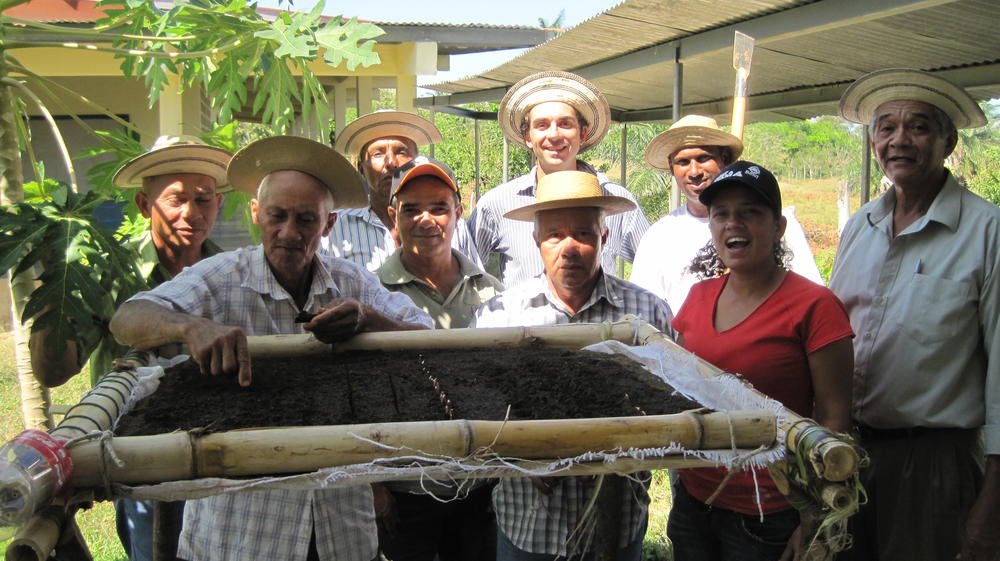
Acknowledgements
Thanks to the Small Grants Programme of the Global Environment Facility for two rounds of funding to support APASPE’s projects; to Colombia’s Center for Research and Sustainable Agricultural Systems (CIPAV) for technical support on the establishment and management of APASPE’s silvopastoral systems; and to Peace Corps Response for technical, professional and managerial assistance to APASPE.
–Odielca Solis


